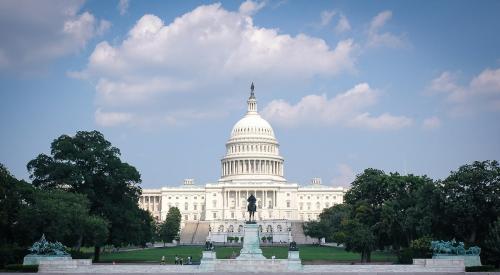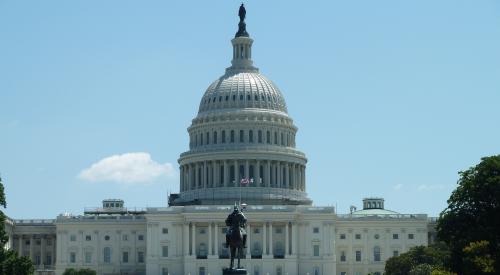The U.S. Department of the Treasury is examining whether or not it can bypass congressional approval to change tax rules on capital gains tied to inflation, benefiting the wealthiest Americans and some homeowners.
The desire to free an asset's appreciation as a result of inflation from taxation is not new, but according to new analysis from Penn Wharton, the change would cost about $102 billion over a decade. There is a chance as well that tax bills for home sales become more common, says Evan Liddiard, senior policy representative at the National Association of Realtors, telling CNBC, "Within another decade or two, there will be a lot of home sales throughout America that have gains above the exclusion. Inflation will push home prices up, and the exclusions are not adjusted for inflation."
Say that in 2000, a single person in California paid the median home price in that state at the turn of the century, $211,500. In 2018, say it sells for the current median price of $603,000. Under current rules, the gain would be $391,500. After subtracting the $250,000 exclusion available to a single person, the seller would pay taxes on the remaining $141,500 gain. At the highest rate — 20 percent — that would mean a tax bill of $28,300. In contrast, if a portion of the $391,500 gain were attributed to inflation since 2000, the taxable share would be much lower.













